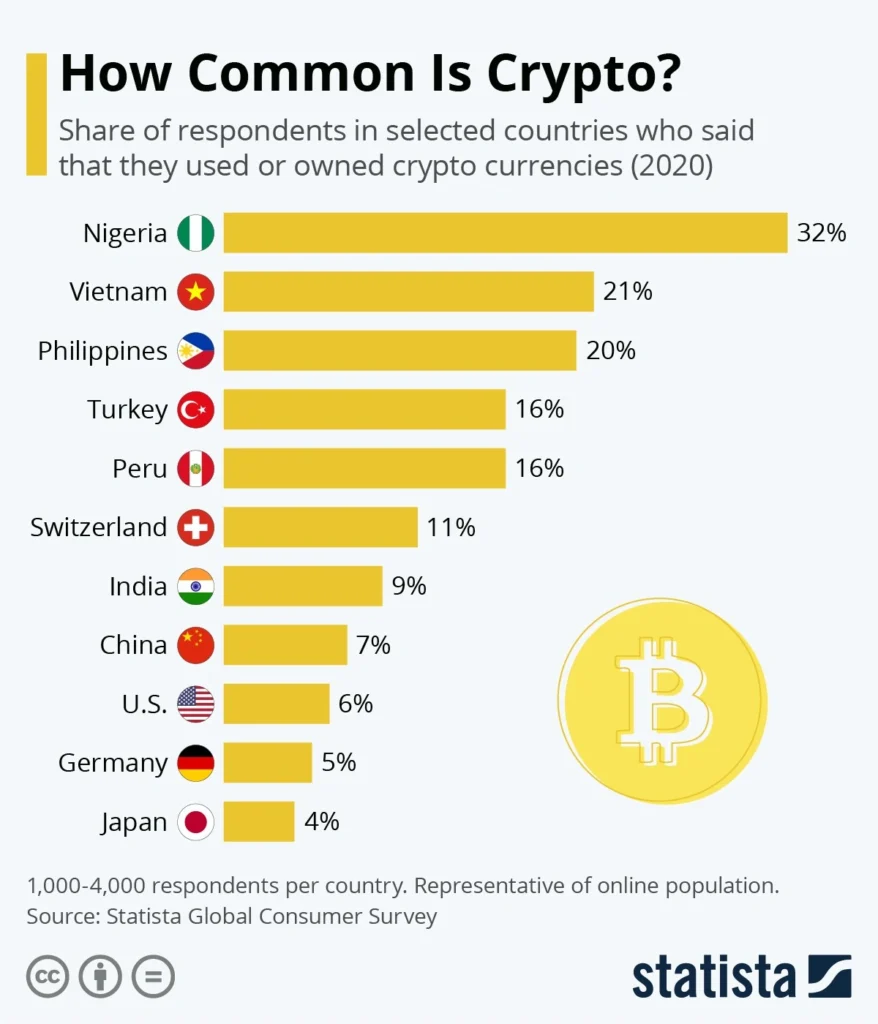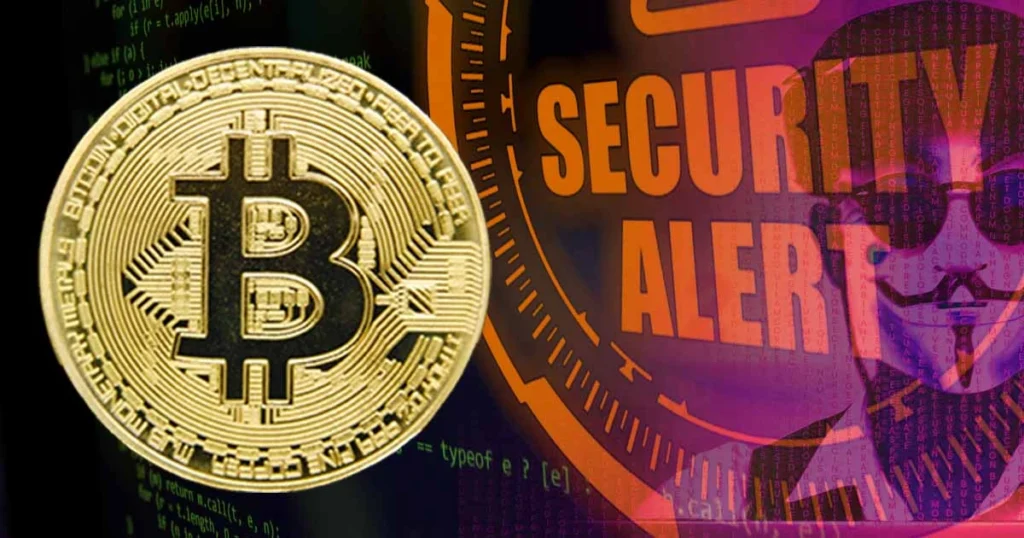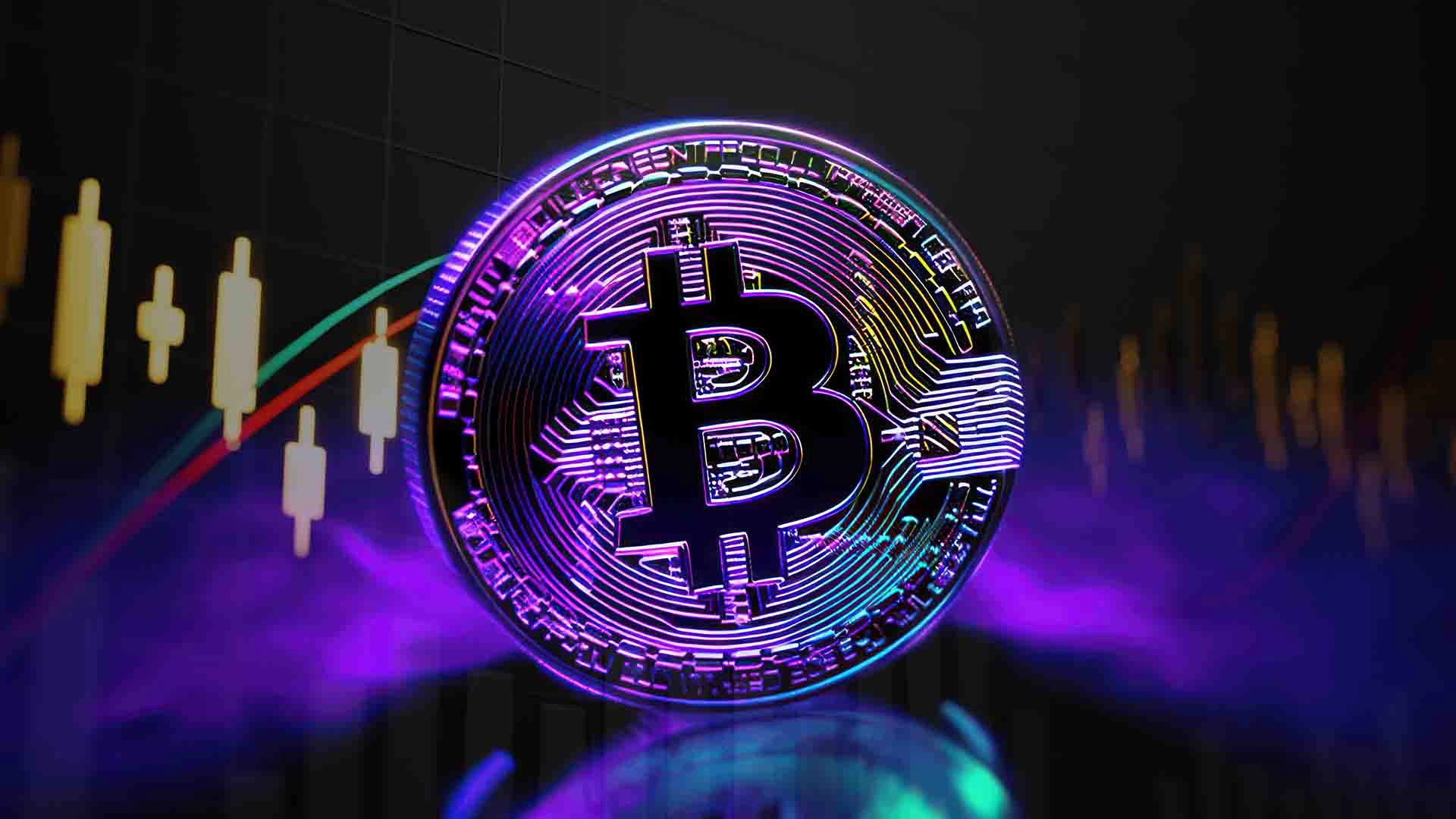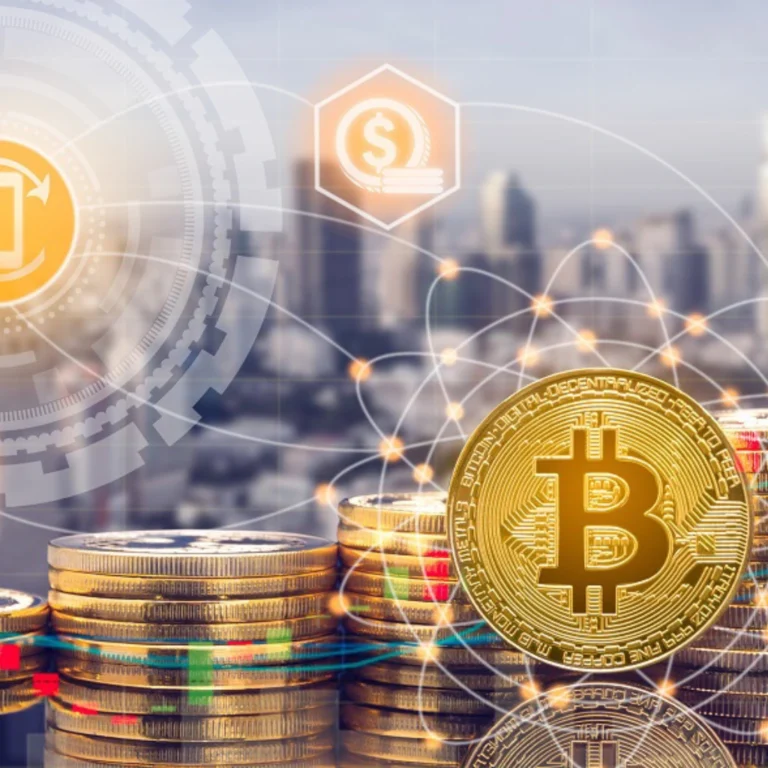Cryptocurrency adoption has often been viewed through the lens of high-tech economies and Silicon Valley hype, but one of the world’s most significant success stories has quietly unfolded in Southeast Asia. According to Chainalysis, Vietnam now ranks fifth globally for crypto adoption — a remarkable achievement for a developing country navigating economic challenges.
This may surprise those new to the crypto world. How did a nation with limited banking infrastructure and strict capital controls climb into the global top five? More importantly, what does this mean for people just starting to explore crypto, especially in Vietnam or similar markets?
Let’s unpack the real-world factors that put Vietnam on the global crypto map — and what newcomers should know before stepping into this evolving space.
Vietnam Crypto Adoption: From Quiet Growth to Global Spotlight
Just seven years ago, crypto in Vietnam was more of a niche curiosity. Fewer than 300,000 people owned digital assets in 2017. Fast-forward to 2025, and that number has exploded to more than 20 million — roughly one in five Vietnamese citizens. This surge has catapulted Vietnam into a leadership position, with Chainalysis consistently ranking the country among the highest in its Global Crypto Adoption Index. It ranked first in both 2021 and 2022 and remains firmly in the top five today.
Behind the statistics lies a more human story. Unlike some regions where cryptocurrency is viewed primarily as an investment vehicle, Vietnam’s adoption has been grounded in necessity. It isn’t just a case of early adopters chasing price rallies — it’s everyday people turning to digital tools for real economic solutions.
Vietnam Crypto Adoption: Crypto That Serves Everyday Needs

Credit from Lexology
For many Vietnamese users, cryptocurrency fills a practical void. The country receives more than $16 billion in remittances annually — money sent home by citizens working abroad. Traditional banking services can be slow, expensive, and bureaucratic, especially for cross-border transfers. Crypto offers a faster, cheaper alternative that’s especially appealing to families in rural provinces, where financial infrastructure is sparse.
In fact, rural Vietnam presents a case study in how digital tools can leapfrog outdated systems. Limited ATM access and low bank penetration have made mobile-based wallets and crypto apps a lifeline for many. Rather than simply following a global trend, Vietnamese communities are using blockchain tools to solve real financial challenges.
Add to that a youthful, tech-savvy population — many of whom are already active in digital marketplaces — and the conditions were ripe for widespread adoption. It’s not uncommon to hear about farmers receiving remittances via USDT or freelancers getting paid in Bitcoin for overseas gigs. The crypto revolution here has grown from the ground up.
Vietnam Crypto Adoption: Gaming and Innovation on a Global Stage

Credit from web2 boomer
Vietnam’s influence in the crypto space doesn’t stop at local use cases. The country has made waves internationally through blockchain gaming. Perhaps the most notable example is Axie Infinity, developed by Vietnamese startup Sky Mavis. At its peak in 2021, the game attracted hundreds of thousands of users per day, generating millions in monthly revenue and sparking a global play-to-earn phenomenon.
While the project faced significant setbacks — including a high-profile $620 million hack — it nonetheless demonstrated Vietnam’s ability to develop and export blockchain innovation. The ripple effects were significant. Following Axie’s rise, more than ten Vietnamese blockchain startups surpassed $100 million in valuation, attracting global capital and talent.
In short, Vietnam has become a surprising epicenter for decentralized innovation, especially in gaming and fintech. Even with volatility and setbacks, the country’s developers continue to build and experiment in the space, with a level of momentum that few other developing nations can claim.
Vietnam Crypto Adoption: A Shifting Legal Landscape
Despite the crypto boom, Vietnam’s legal stance on digital assets has long existed in a gray area. For years, cryptocurrencies were not recognized as legal tender — and still aren’t — but trading and investment were allowed to operate without clear oversight. This ambiguity helped adoption flourish, but also left users without much protection.
That is now changing. In 2025, Vietnam passed the Digital Technology Industry Law, a landmark move set to take effect in January 2026. For the first time, the law formally recognizes digital assets, including cryptocurrencies, creating an official regulatory framework. It categorizes digital assets into two groups — virtual assets and crypto assets — and introduces a range of government incentives for blockchain startups, from tax exemptions to visa support for developers.
The government has also launched the Vietnam Academy of Blockchain and AI Innovation, aiming to train one million blockchain professionals by 2030. Combined with a state-backed push for international blockchain centers in cities like Ho Chi Minh City and Da Nang, Vietnam is clearly signaling long-term commitment to the digital economy.
Vietnam Crypto Adoption: But the Risks Are Real

Credit from Herfurtner Law Firm
With such rapid growth and regulatory evolution, it’s no surprise that Vietnam’s crypto scene has seen its fair share of risks. Investment scams, phishing attacks, and fake platforms have become increasingly common. Fraudulent schemes like BitMiner, which duped over 200 investors with false promises of crypto mining profits, highlight the darker side of unregulated digital finance.
Moreover, most Vietnamese crypto trading still occurs on international platforms that lack local representation. In the event of disputes or cyber theft, users have little recourse through domestic legal channels. As of 2024, Vietnam ranked among the top countries for crypto earnings — but also among the most frequent victims of crypto-related scams.
This underscores a key message for beginners: education is essential. New users must take time to understand wallets, private keys, platform security, and transaction fees. Even basic familiarity with how a blockchain works can go a long way toward reducing exposure to scams.
So What Does Vietnam’s #5 Ranking Actually Mean?
It means more than just big numbers. It shows that crypto adoption doesn’t have to come from wealth or Wall Street. In Vietnam’s case, adoption has been powered by families sending money home, developers building games in modest apartments, and workers looking for faster ways to get paid.
It’s also a signal that the global crypto landscape is diversifying. While headlines often focus on regulation in the U.S. or innovation in Singapore, Vietnam proves that emerging economies can lead — not just follow — in digital transformation.
For investors, developers, and observers, Vietnam’s #5 ranking is both a milestone and a glimpse into what’s next. It suggests that crypto’s future may not be defined solely by finance giants or centralized institutions, but by grassroots adoption and problem-solving in places often overlooked by the mainstream tech world.
Conclusion: A Cautious but Powerful Ascent
Vietnam’s crypto adoption is neither hype-driven nor incidental. It’s a powerful case study of how digital tools can respond to real economic needs. While the risks are undeniable and the legal structure still in progress, the momentum is clear. With new laws on the horizon and a deeply engaged user base, Vietnam crypto adoption is more than a statistic — it’s a movement.
And for beginners? That means opportunity — with a strong dose of caution. Understand the tools. Stay alert. And watch this space. Vietnam isn’t just keeping up with the global crypto race. In many ways, it’s helping lead it.






